In the ever-evolving landscape of modern entertainment, we find ourselves in the midst of a digital renaissance. The rapid advancement of technology has ushered in an era where entertainment is more accessible, diverse, and immersive than ever before. From how we consume content to the platforms we use for engagement, the digital age has transformed the essence of entertainment. In this exploration of contemporary entertainment trends, we will navigate the digital landscape, uncovering the key elements that define this exciting era.
The Era of Streaming Services
One of the most significant shifts in modern entertainment is the rise of streaming services. Gone are the days of scheduled television programming and physical media collections. Instead, we now have access to an extensive library of content at our fingertips, thanks to platforms like Netflix, Amazon Prime, Disney+, Hulu, and others.
These streaming giants have revolutionized the way we watch movies and TV shows. We are no longer bound by rigid schedules or limited choices. With a subscription, viewers can binge-watch entire series, explore documentaries, and discover international films. The convenience of streaming services has made it possible to tailor our entertainment experiences to our preferences, fostering a culture of on-demand content consumption.
The Music Streaming Revolution
Similar to the transformation of video entertainment, the music industry has undergone a significant shift with the advent of music streaming services. Services like Spotify, Apple Music, and Tidal have become the new normal for music enthusiasts.
The days of purchasing physical CDs or downloading individual tracks are fading into history. Instead, subscribers can easily access vast libraries of songs, create personalized playlists, and discover new artists. Music streaming platforms have changed how we listen to music and impacted how artists release and promote their work, emphasizing the importance of playlists and algorithm-driven recommendations.
Gaming: From Niche to Mainstream
Gaming has transitioned from a niche hobby to a mainstream form of entertainment, attracting millions of players and viewers worldwide. The rise of esports (competitive video gaming) has played a pivotal role in this transformation, with esports tournaments drawing massive audiences.
Platforms like Twitch have become the go-to destinations for watching gamers livestream their gameplay. Competitive gaming tournaments like the League of Legends World Championship and The International (Dota 2) boast significant prize funds and production values on par with traditional sports. This newfound popularity has elevated professional gamers to celebrity status, further solidifying the gaming industry’s place in modern entertainment.
The Online Lottery: A Game of Chance
The online lottery occupies a unique niche amid the array of modern entertainment options. It blends elements of excitement and change, offering a different kind of digital amusement. Purchasing a lottery ticket online has never been easier, but thanks to technological advancements, You can do that through various online websites with just a few clicks.
The cost of buying a lottery ticket could vary, depending on the game and the number of tickets purchased. Some lotteries offer tickets for a few dollars, while others come with higher stakes. However, it’s crucial to approach the lottery with a sense of responsibility, understanding that winning is purely a matter of luck. Responsible budgeting is essential to ensure that participation in the lottery remains an enjoyable form of entertainment rather than a financial risk.
The Influence of Social Media
Social media has emerged as a dominant force in shaping modern entertainment trends. Platforms like Instagram, TikTok, and YouTube have birthed a new generation of influencers and content creators who entertain and engage audiences in ways previously unimaginable.
Influencers produce a diverse range of content, from comedy sketches and beauty tutorials to travel vlogs and product reviews. These creators have amassed large followings, effectively becoming digital celebrities with significant impact on trends, brands, and consumer behavior. Brands now recognize the power of influencer marketing as a means of reaching and engaging with their target audiences.
Virtual Reality (VR) and Immersive Experiences
Virtual reality (VR) has opened doors to entirely new realms of entertainment. VR headsets transport users to immersive worlds where they can explore, interact, and play games. While VR gaming is a significant part of this technology’s appeal, it extends far beyond that.
VR offers applications in virtual tourism, education, therapy, and even professional training. The immersive nature of VR allows users to experience scenarios and environments as if they were physically present, creating unprecedented opportunities for entertainment and learning.
The Revival of Nostalgia
Nostalgia plays a significant role in modern entertainment, with reboots, remakes, and retro-inspired content finding a dedicated fan base. From the return of classic video game consoles to the resurgence of 80s and 90s fashion and music, nostalgia is a driving force in shaping contemporary trends.
Hollywood has capitalized on this sentiment by revisiting beloved franchises and reimagining them for new audiences. Television series like “Stranger Things” have successfully blended nostalgia with fresh storytelling, attracting viewers of all ages.
Emerging Technologies: AI and Personalization
Artificial intelligence (AI) is increasingly influencing how we consume entertainment. Streaming services use AI algorithms to analyze our viewing habits and preferences, providing personalized content recommendations. This technology ensures that viewers are continually engaged and exposed to content tailored to their tastes.
AI-driven chatbots and virtual assistants are also being used to enhance the interactive elements of entertainment. These technologies offer new ways to engage with content and even shape the narrative based on user input.









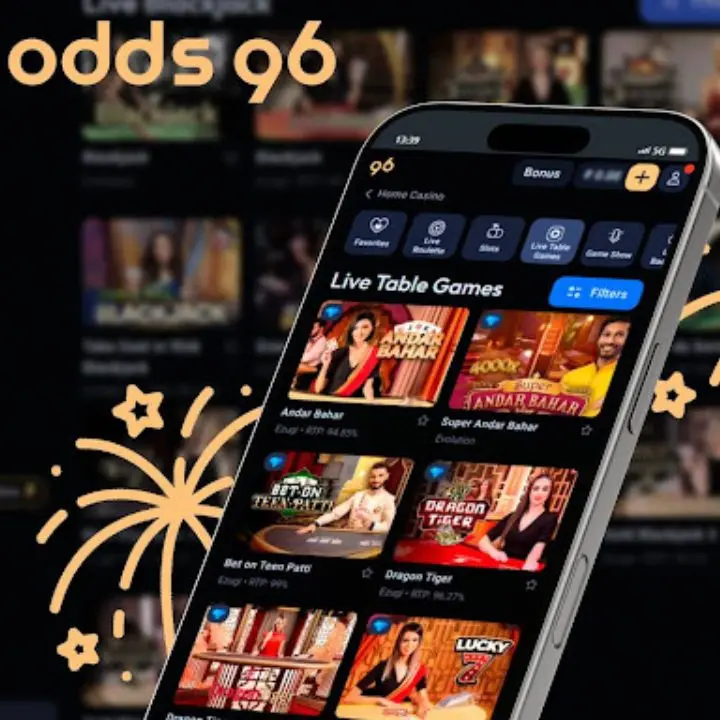











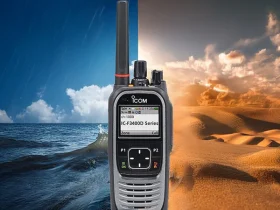





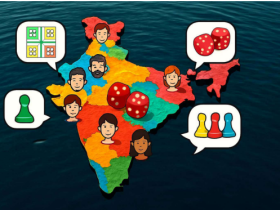







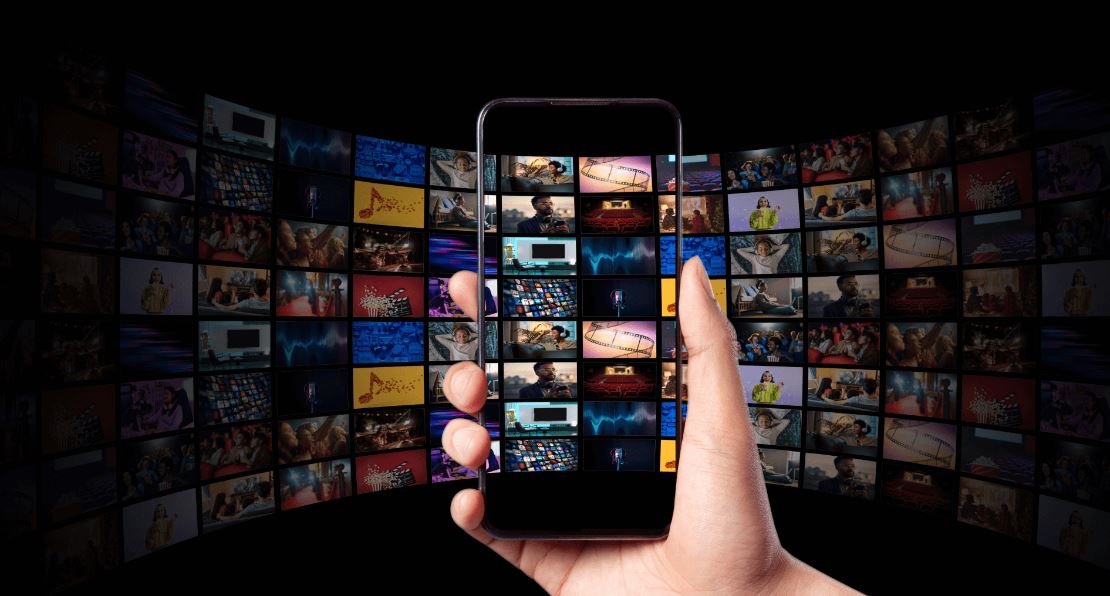

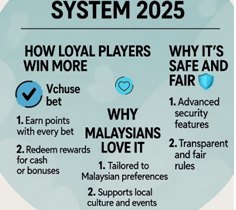




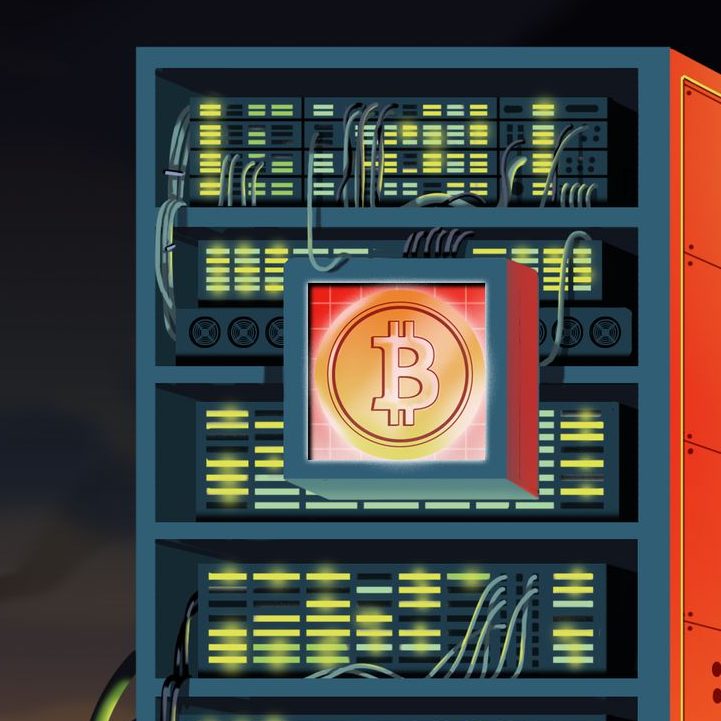
Leave a Reply